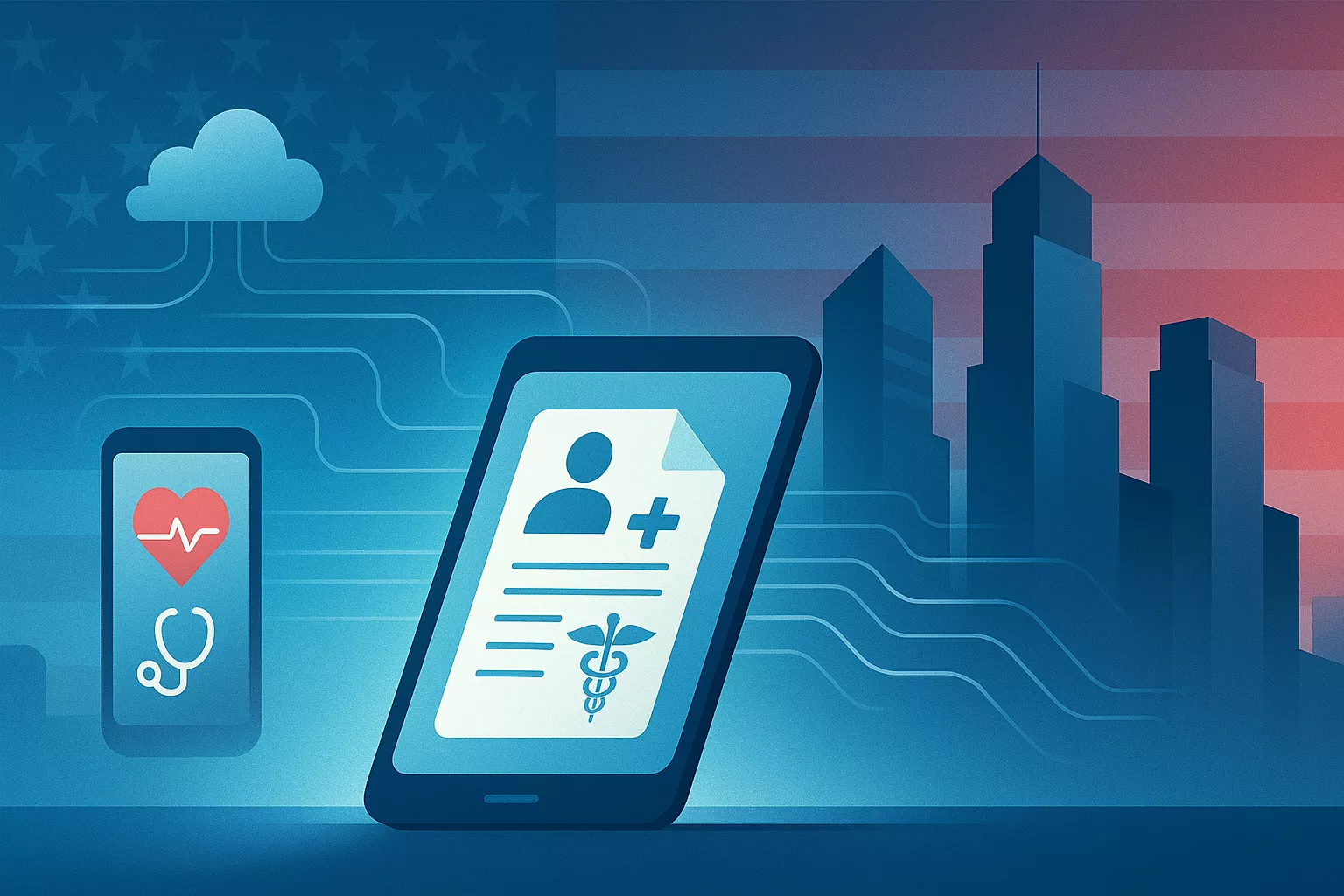Forward-looking: The Trump administration wants the US public to upload personal health data and medical records to a series of apps and systems managed by private health companies and tech giants. The move is supposed to allow easier access to health records across the nation, bringing personal healthcare into the digital age, but there are plenty of concerns about the security of the data and the possibility that it could be exploited.
During an event announcing the initiative yesterday, President Trump said, "For decades, America's health care networks have been overdue for a high-tech upgrade and that's what we are doing."
More than 60 tech companies have pledged their support to the digital health ecosystem, including Amazon, Anthropic, Apple, Google, and OpenAI. Health care firms such as UnitedHealth Group and CVS Health will also be sharing patient data in the new system.
According to the US Centers for Medicare & Medicaid Services (CMS), which will be in charge of maintaining the system, its two main areas are to enable the sharing of information between patients and providers easily and seamlessly, and increase the availability of personalized tools so that patients have the information and resources they need to make better health decisions.
The primary focus of the apps will be diabetes and obesity management; the use of conversational AI assistants to help patients check symptoms, navigate care options, and schedule appointments, among other tasks; and introducing digital methods such as QR codes and apps for patient check-ins and medication tracking.
"The existing systems are often slow, costly and incompatible with one another, but with today's announcement, we take a major step to bring health care into the digital age," Trump said.
CMS officials said that Americans will have to opt-in to the program for their medical data to be shared, and that it will be kept secure. It added that they will be able to call up their own records without the previous difficulties, such as the use of fax machines to share documents.
The prospect of people's personal health data being freely shared by tech firms has raised plenty of privacy concerns. Experts warn that many of the companies aren't covered by the Health Insurance Portability and Accountability Act, or HIPAA, which prevents personal health information from being shared by certain entities without a patient's consent.
There are also questions over the use of AI assistants – which remain prone to hallucinations and mistakes – for tasks such as symptom checking.
It's also unclear whether the government will be able to access patient data and how it may use the information.
The system is expected to launch next year. Weight loss and fitness subscription service Noom, one of the companies that is part of the initiative, will be able to access users' medical records from the system. CEO Geoff Cook told the Associated Press that this might include labs or medical tests that the app could use to develop an AI-driven analysis of what might help users lose weight.
